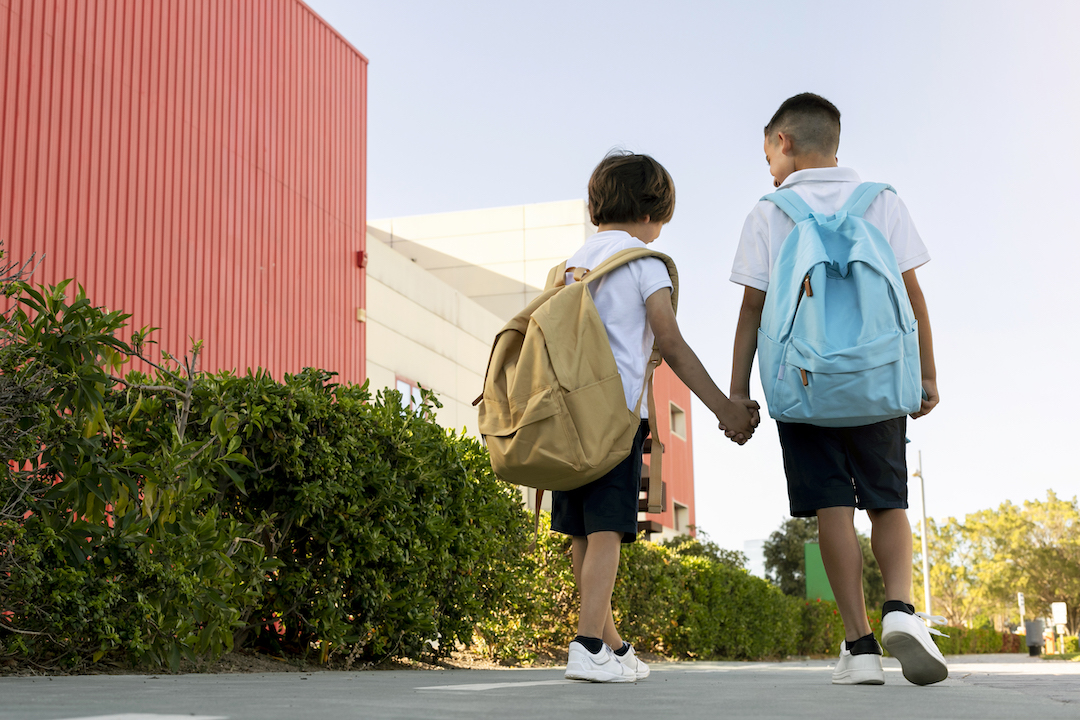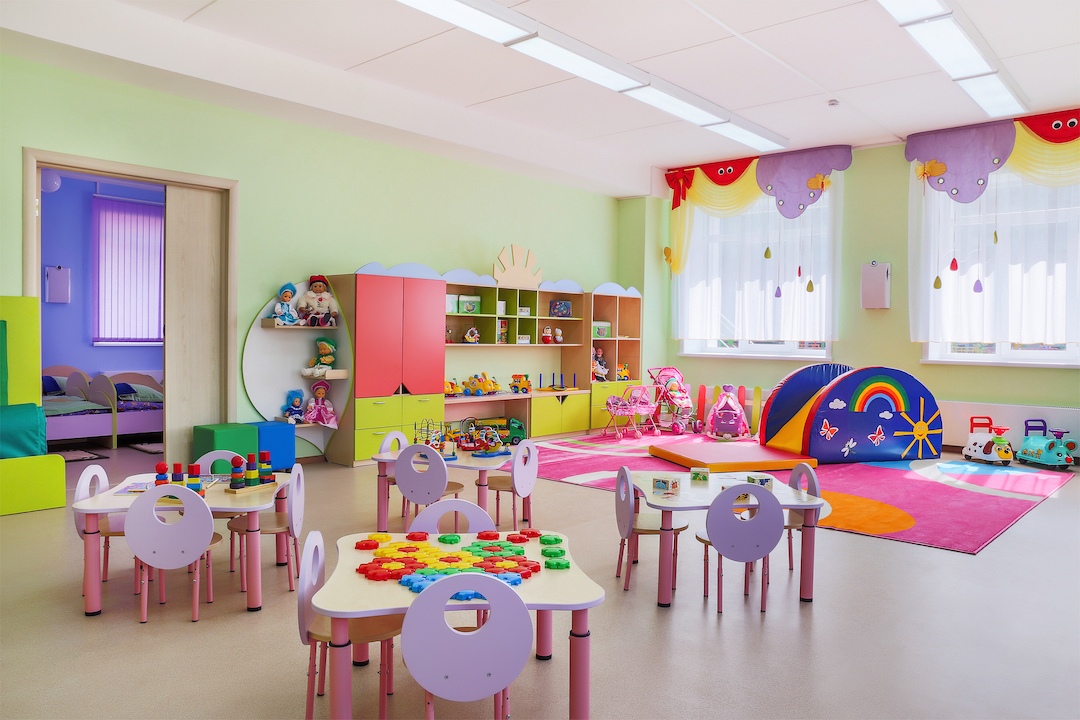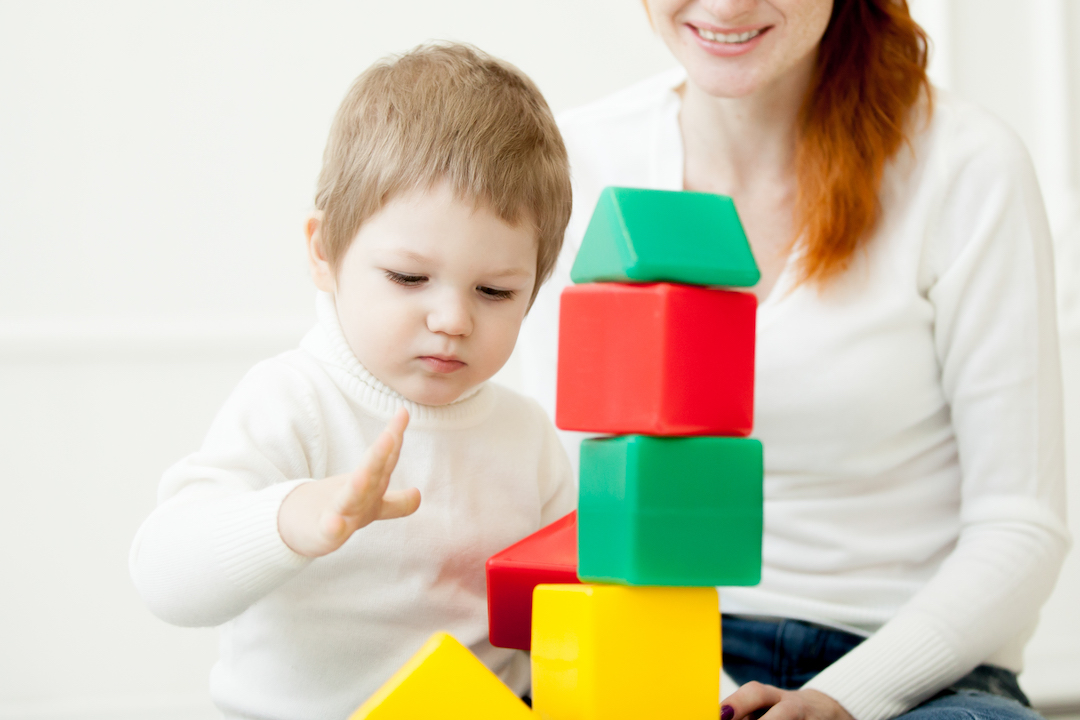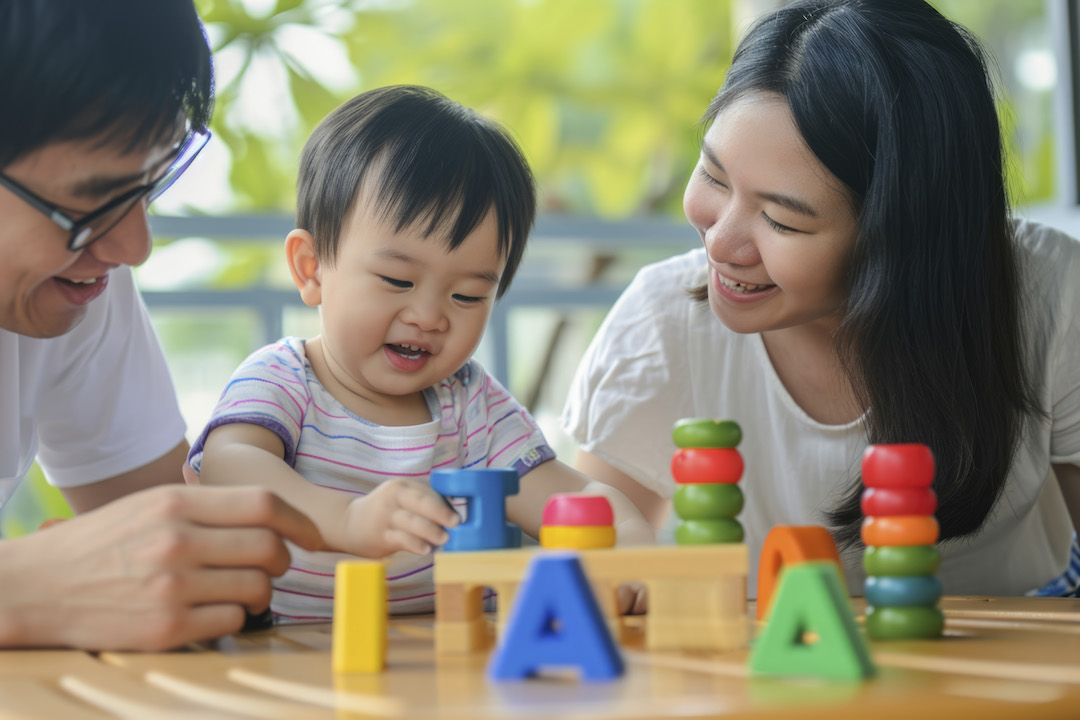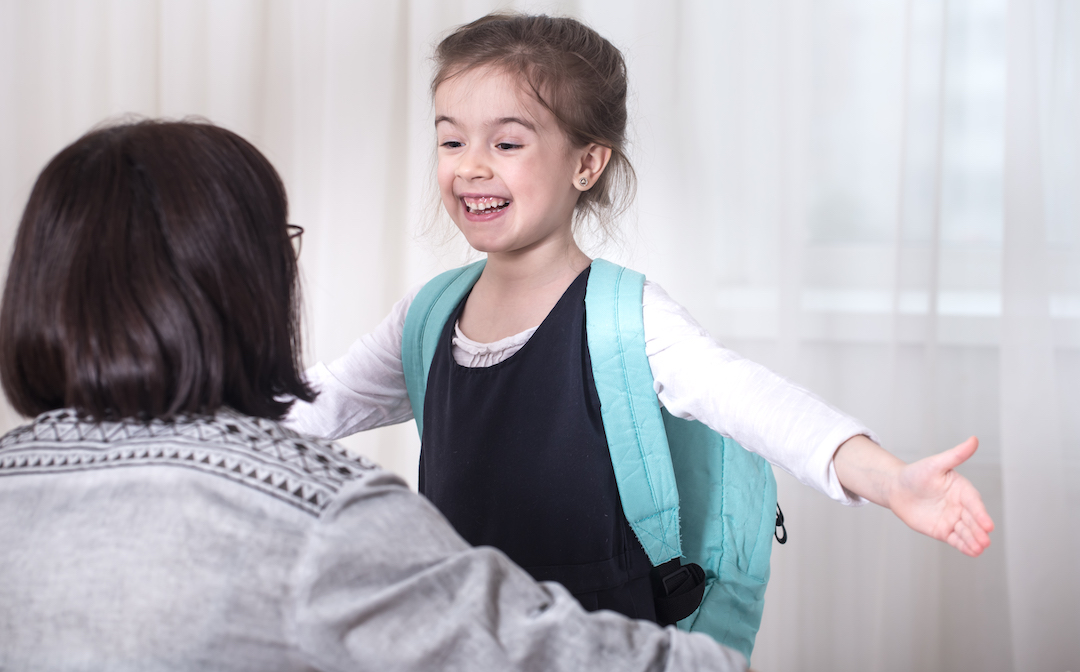As parents, we often worry about how sending our toddlers to daycare might affect their emotional bond with us. Understanding the relationship between daycare and attachment can help ease these concerns and guide us in making informed decisions. Let’s explore five crucial insights that shed light on this important topic.
1. The Quality of Daycare Matters Significantly
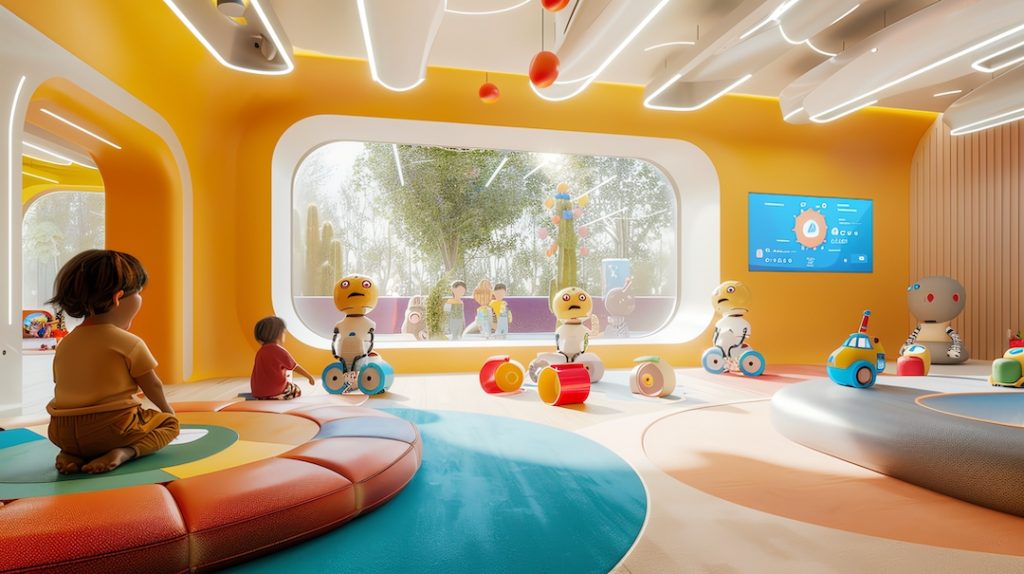
Research consistently shows that the quality of daycare plays a pivotal role in how it affects a child’s attachment. High-quality daycare centers can actually support secure attachment by providing:
- Low child-to-caregiver ratios (ideally 1:3 for toddlers)
- Well-trained staff with knowledge of child development
- A stimulating environment that promotes learning and exploration
- Consistent and responsive caregiving
When searching for a “daycare near me,” pay close attention to these factors. Visit potential centers, observe interactions, and ask about their policies and practices.
2. Consistent Caregivers Foster Security
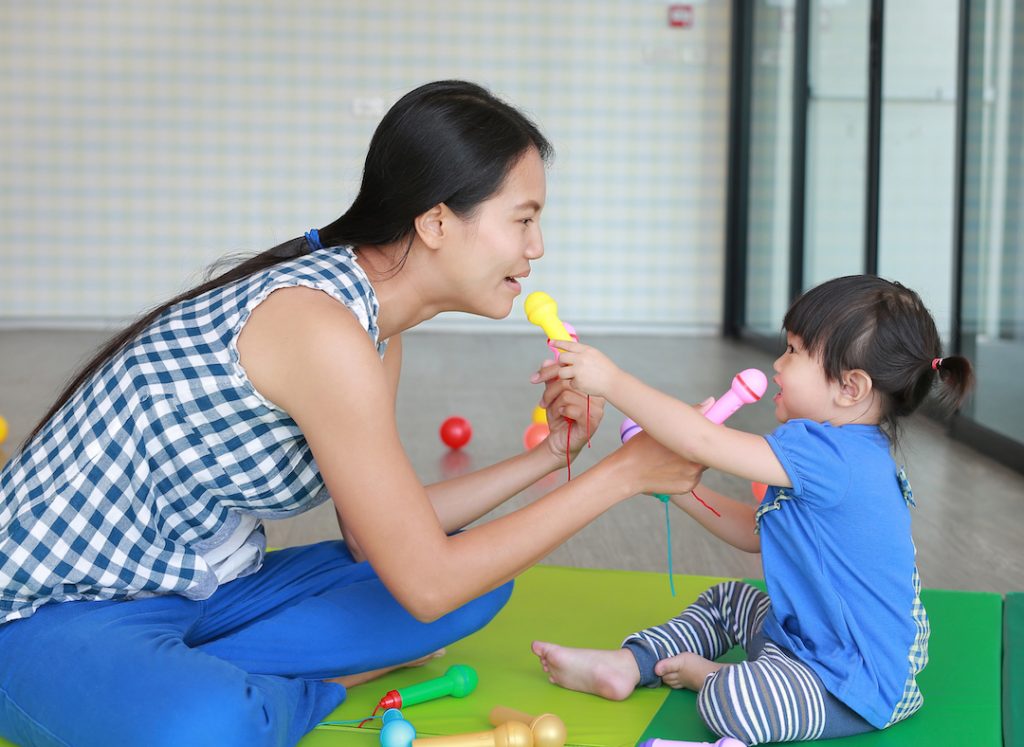
Toddlers thrive on consistency and predictability. It maintains consistent caregivers allows children to form secure attachments outside the home. This doesn’t replace the parent-child bond but complements it by providing additional trusted adults in your child’s life.
Key points to consider:
- Ask about staff turnover rates
- Inquire about policies for assigning primary caregivers
- Look for centers that value relationship-building between staff and children
- Understanding Separation Anxiety
3. Understanding Separation Anxiety
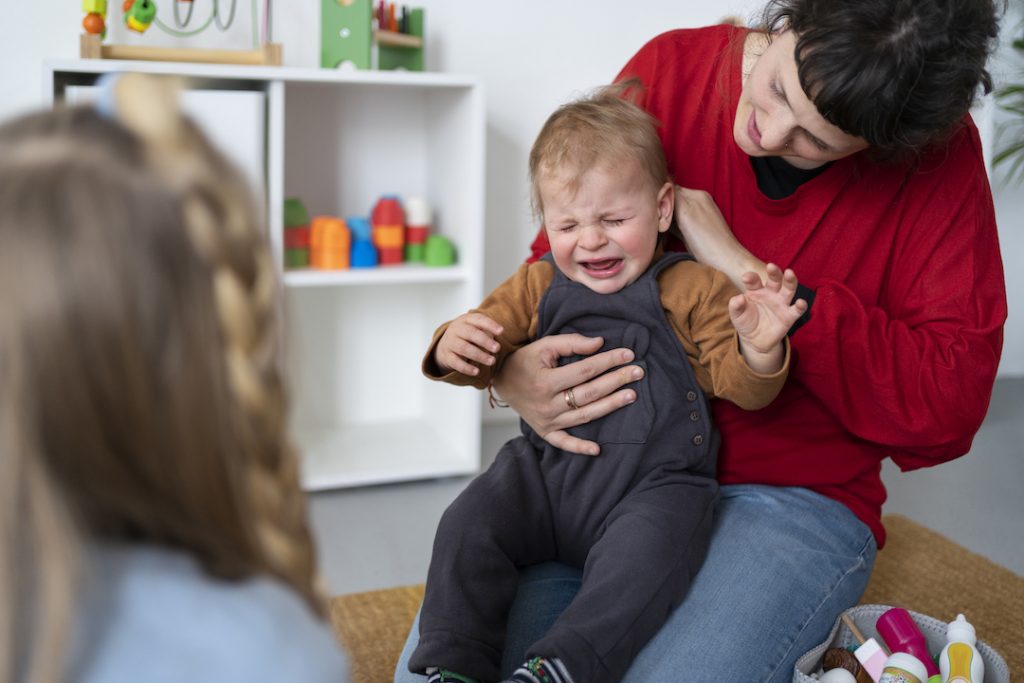
Separation anxiety is a normal developmental stage for toddlers, typically peaking between 10-18 months. It’s important to understand that experiencing anxiety when separating from parents doesn’t indicate a weakening attachment bond. Instead, it shows that your child has a strong attachment to you and is learning to cope with separation.
Tips for managing separation anxiety:
- Establish a consistent goodbye routine
- Keep goodbyes brief and positive
- Provide a comfort object from home
- Gradually increase the length of separations
Most children adjust within 2-4 weeks. If anxiety persists beyond this, consult with the center staff or a child development specialist.
4. Daycare Can Support Social-Emotional Development
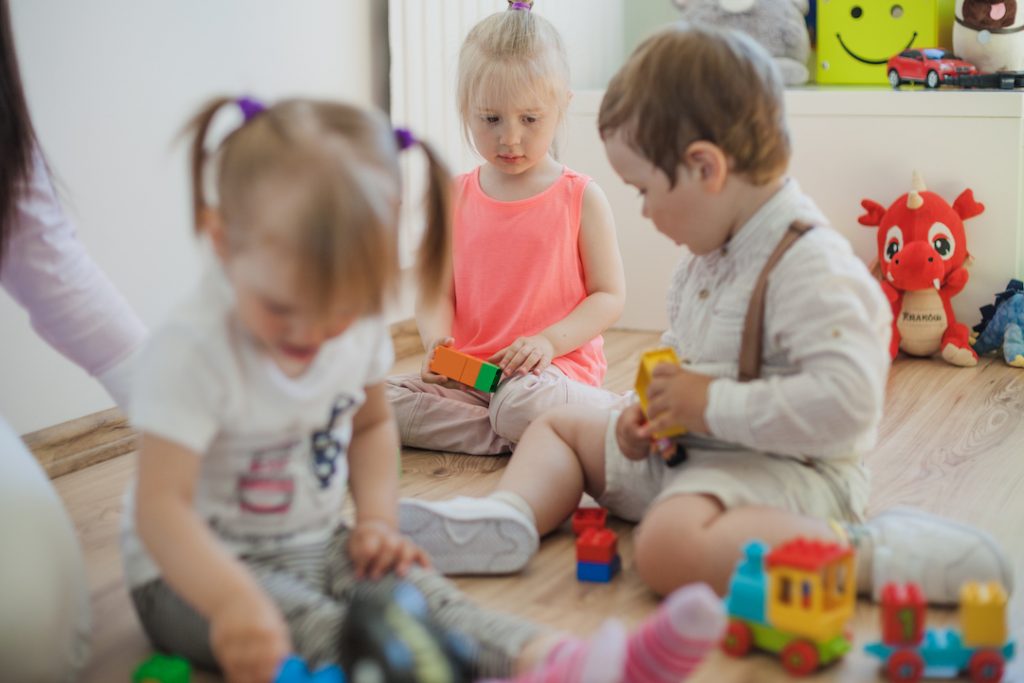
Quality environments offer unique opportunities for toddlers to develop crucial social-emotional skills:
- Peer interaction and friendship formation
- Emotional regulation
- Empathy and perspective-taking
- Problem-solving in social contexts
These experiences can actually strengthen a child’s overall sense of security and confidence. As children learn to navigate relationships with peers and other adults, they build resilience and adaptability.
5. Balancing Daycare and Family Time

While it can provide valuable experiences, the time you spend with your child remains critical for maintaining and strengthening your attachment bond. After daycare, focus on quality interactions:
- Engage in child-led play for at least 10-15 minutes daily
- Maintain consistent bedtime routines
- Show genuine interest in their experiences
- Respond sensitively to their needs, especially during reunions
Remember, your child can form positive relationships with the providers while maintaining a strong, primary attachment to you.
Additional Considerations:
- Part-time daycare can be a good option for easing the transition
- Regular communication with daycare providers helps you stay connected to your child’s experiences
- Trust your instincts – if you feel uncomfortable with a daycare setting, explore other options
Ready to find a daycare that supports your child’s attachment and development? Visit GogoKids to search for “daycare near me” and filter options based on your family’s needs. Click HERE to simplify your search and discover the perfect daycare for your toddler today.

The Ultimate Guide to Taekwondo Belts: Unlocking Levels and Secrets

8 Must-Join Enrichment Classes to Skyrocket Your Child’s Skills
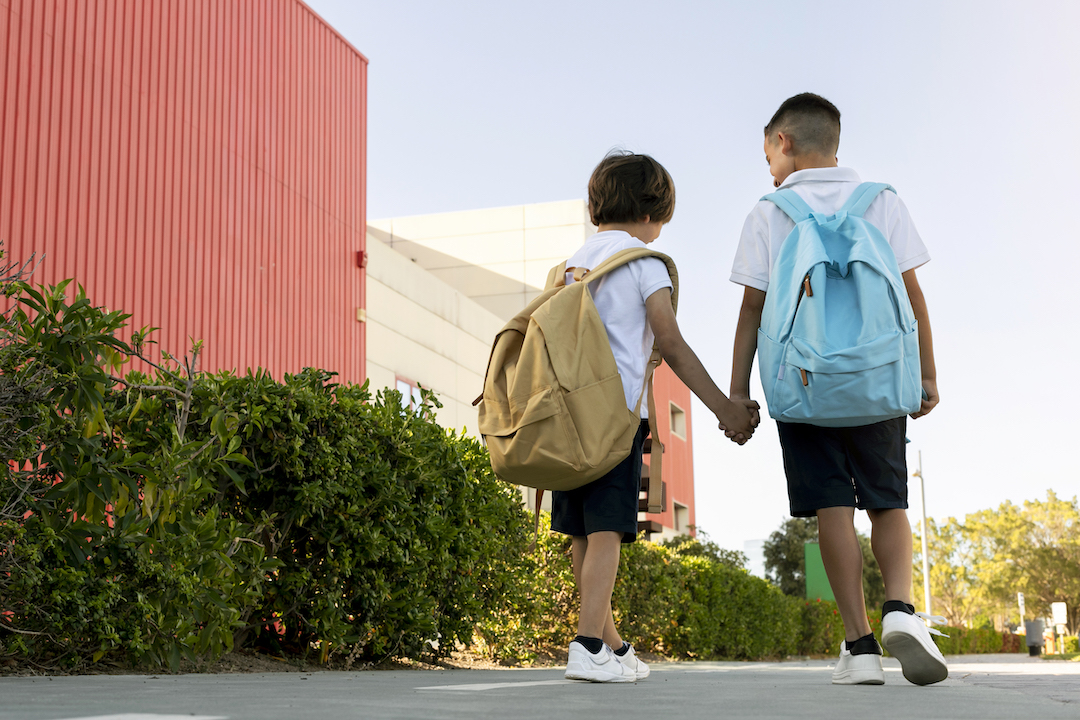
In Malaysia’s diverse educational landscape, an increasing number of non-Chinese parents are choosing Chinese primary schools for their children. This trend reflects changing perceptions about education and future opportunities. Let’s explore five key reasons behind this growing preference: 1. Strong Foundation in Mathematics and Science Malaysian Chinese primary schools are known for their strong emphasis […]
